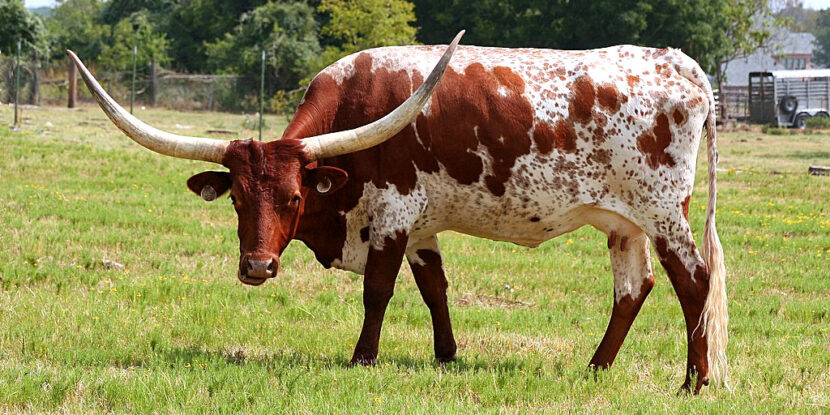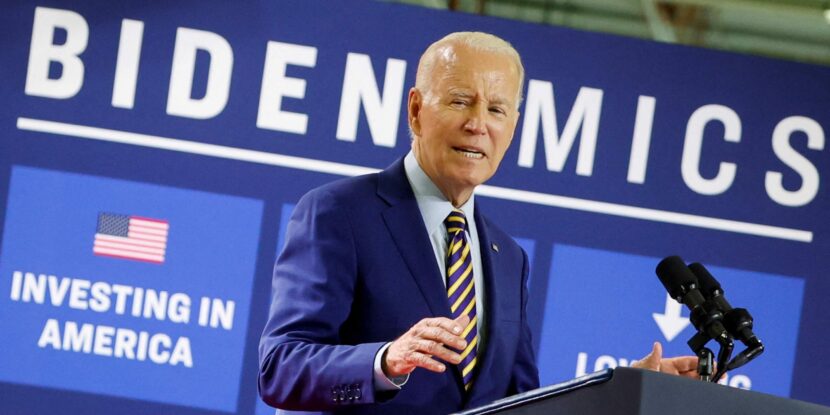❓WHAT HAPPENED: President Donald J. Trump announced plans to use tariff revenue for cash bailouts to support struggling farmers.
👤WHO WAS INVOLVED: President Donald Trump, House Agriculture Chairman G.T. Thompson, Agriculture Secretary Brooke Rollins, and agricultural lobbying groups.
📍WHEN & WHERE: Announced on Thursday, September 25, 2025, in the Oval Office.
💬KEY QUOTE: “We’re going to take some of that tariff money that we made, we’re going to give it to our farmers, who are, for a little while, going to be hurt until the tariffs kick into their benefit.” – Donald Trump
🎯IMPACT: The plan aims to alleviate economic pressure on farmers, though it may face legal challenges if the Supreme Court rules against Trump’s tariffs.
President Donald J. Trump has announced a new plan to direct a share of tariff revenues toward financial relief for American farmers facing mounting economic pressure. Speaking from the Oval Office, Trump said, “We’re going to take some of that tariff money that we made, we’re going to give it to our farmers, who are, for a little while, going to be hurt until the tariffs kick in to their benefit.”
The proposal comes as some U.S. farmers face serious economic strain, particularly those producing key exports like corn and soybeans. Many in the agricultural sector have been hit hard by shifting trade dynamics and delays in new market access. The White House has reportedly been weighing an aid package for several weeks in response to growing concerns from the agriculture industry.
Support for the initiative has surfaced among Republican leadership, including House Agriculture Chair G.T. Thompson and Agriculture Secretary Brooke Rollins, both of whom have voiced approval for utilizing tariff revenue to support struggling farmers directly. However, the plan may face legal complications if the Supreme Court challenges the validity of the tariffs that generated the funds.
Despite this uncertainty, the financial foundation for the plan appears strong. According to Treasury Department data, U.S. tariff collections reached a record $31 billion in August 2025 alone. Total revenue from tariffs so far this year has exceeded $183 billion, a dramatic increase that supporters argue provides the government with ample resources for targeted relief efforts. Recent reporting has also noted that, contrary to earlier media predictions, Trump’s tariffs have increased federal revenue without significantly impacting consumer prices.
The farming community itself has largely remained supportive of Trump’s tariff approach. In May, large groups of farmers gathered in rallies backing the America First leader’s trade strategy, expressing confidence that the short-term pain caused by retaliatory tariffs would be outweighed by long-term benefits. Many attendees emphasized their belief that the administration’s stance would ultimately lead to more favorable trade terms and a stronger domestic agriculture sector.
Agriculture lobbying groups and lawmakers from rural districts have been urging the administration to act quickly, stressing the urgency of relief as farmers await new international trade agreements.
Join Pulse+ to comment below, and receive exclusive e-mail analyses.








